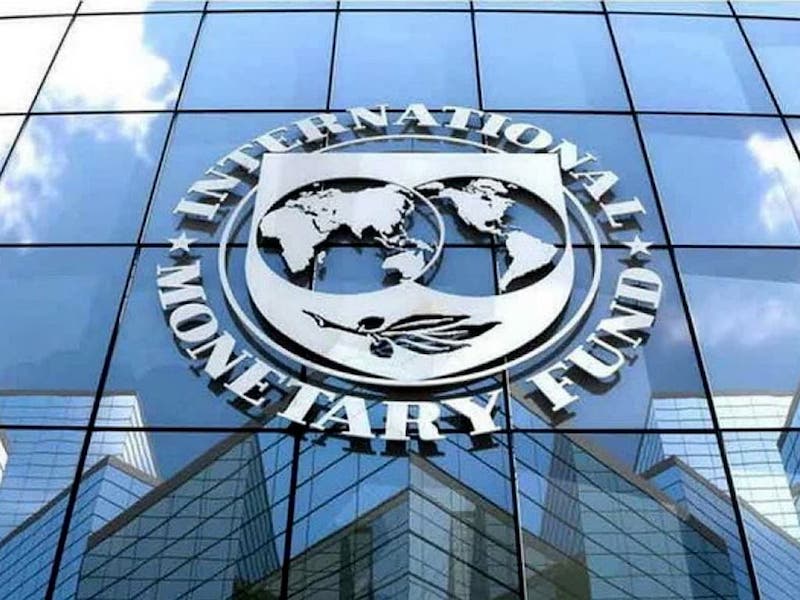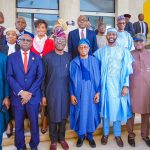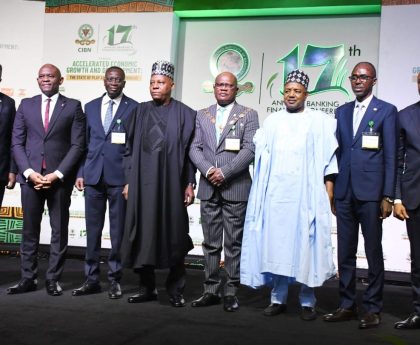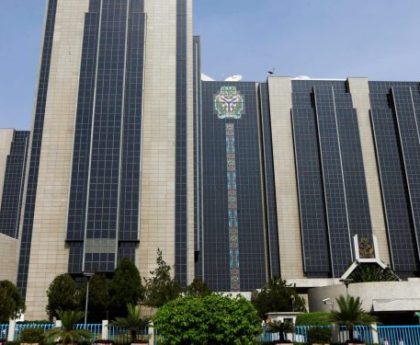The International Monetary Fund (IMF) has lauded Nigeria for making meaningful progress following a series of significant structural reforms to restore financial discipline and credibility.
According to the IMF’s latest Article IV Consultation, Nigeria’s authorities have implemented bold and politically difficult policies that have “improved macroeconomic stability and enhanced resilience.”
The IMF noted that a critical pillar of Nigeria’s economic reset has been the restoration of central bank independence.
The Central Bank of Nigeria (CBN) has curtailed the use of the “Ways and Means” facility, an emergency funding channel that ballooned beyond statutory limits, cutting advances by nearly 90 percent as of April 2025.
This demonstrates the “discontinuation of deficit monetisation” and a step to “strengthen central bank governance to set the institutional foundation for inflation targeting,” the IMF said.
The CBN’s commitment to price stability is yielding tangible results, with headline inflation dropping to 22.9 percent in May 2025, down from above 40 percent.
The IMF noted that the Central Bank is “appropriately maintaining a tight monetary policy stance, which should continue until disinflation becomes entrenched.”
The IMF also praised reforms to the foreign exchange market that supported price discovery and liquidity.
The CBN, under the leadership of Governor Olayemi Cardoso, dismantled the long-standing multiple exchange-rate regime, replacing it with a “willing-buyer, willing-seller” framework supported by a digital trading platform (B-Match).
The results have been transformative, with gross and net international reserves increasing in 2024, and a strong current account surplus and improved portfolio inflows.
The FX premium has fallen from over 60 percent to below 3 percent, and FX inflows surged to $6.9 billion in Q1 2025.
External reserves climbed to a peak of $40.9 billion at the end of 2024, providing over eight months of import cover. “Reforms to the FX market and foreign exchange interventions have brought stability to the naira,” the IMF noted.
Nigeria’s successful return to the Eurobond market in January 2025, its first issue in four years, reflects strengthened investor confidence and a resumption of portfolio inflows, the IMF said.
The Fund also recognized actions to strengthen the banking system, including the ongoing process of increasing banks’ minimum capital, and welcomed efforts to boost financial inclusion and promote capital market development.
The CBN’s recapitalisation plan will see banks’ minimum capital raised significantly by March 2026, ensuring banks can absorb future shocks, deepen credit access, and support the planning for a $1 trillion Nigerian economy.
Governor Cardoso’s team is also expanding access to banking services for previously excluded demographics through digital platforms and financial literacy programs.
While progress has been made, the IMF noted that further significant challenges remain, including infrastructure deficits, insecurity, and fiscal slippages.
“Nimble policymaking is needed to navigate this fast-moving and volatile environment,” the IMF said, emphasizing the importance of strong policy coordination and communication.
Reflecting on the IMF report, the CBN Governor Olayemi Cardoso commented: “At a time of global uncertainty, this assessment reaffirms that responsible, forward-looking policy choices matter.
“It affirms that Nigeria is regaining credibility, anchoring expectations, and laying the foundation for inclusive, long-term growth.”





